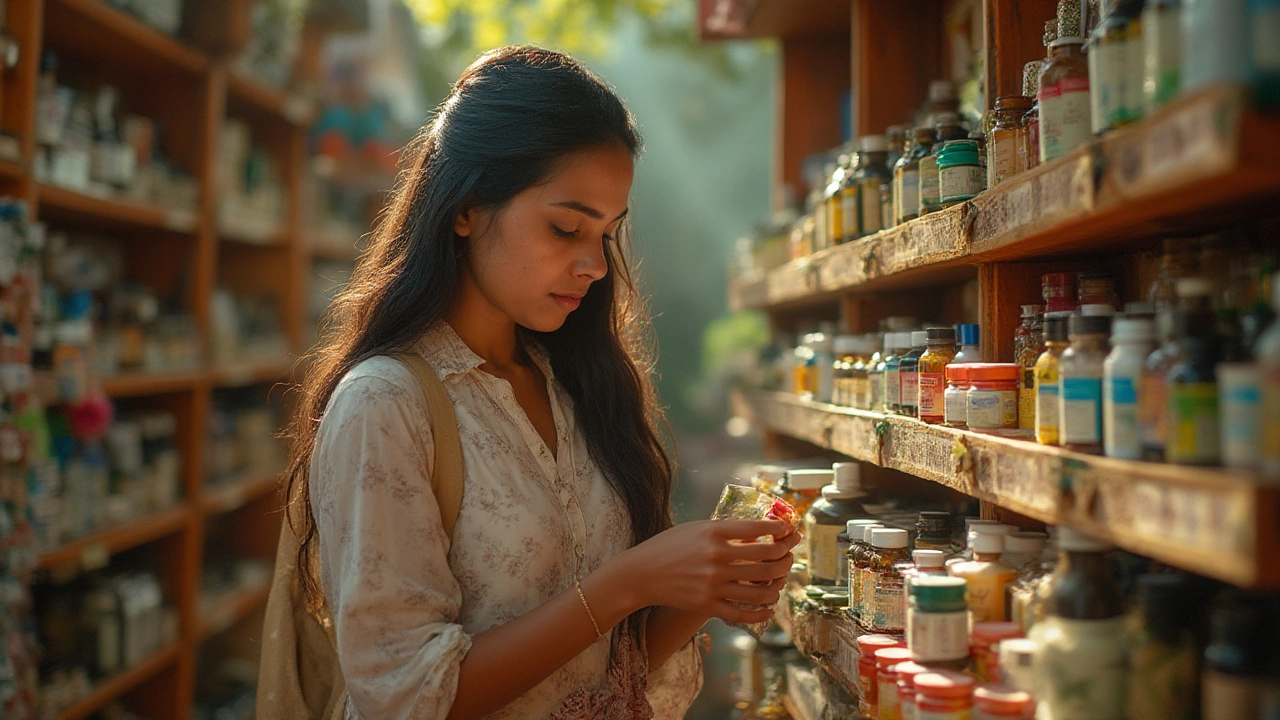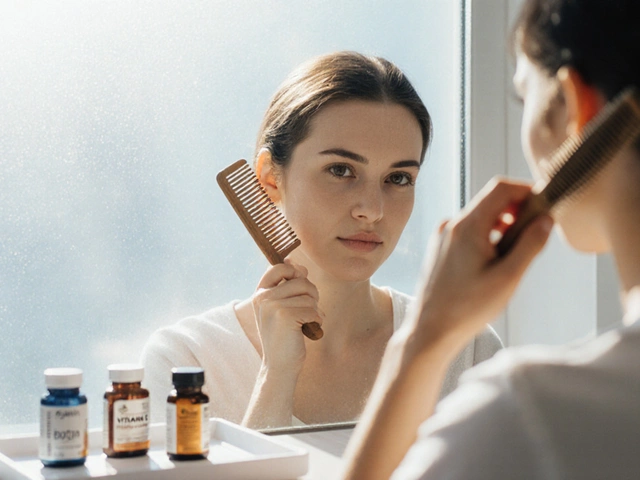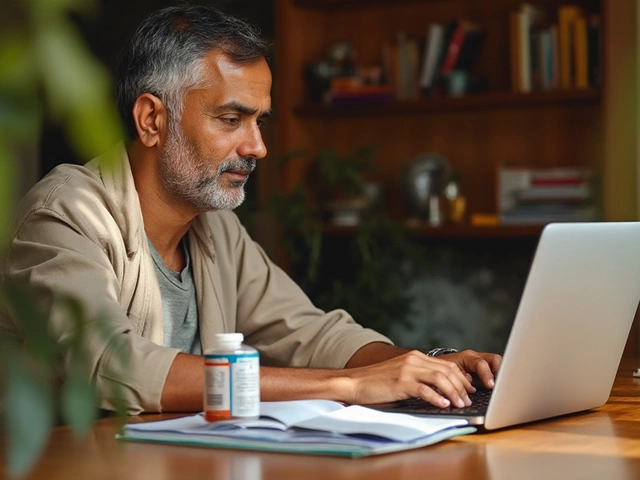Safe Herbal Products: How to Choose and Use Them Wisely
Herbal remedies are a big part of Indian health traditions, but not every bottle on the shelf is safe. If you’ve ever wondered whether a supplement could hurt more than help, you’re not alone. In this guide we’ll break down the basics you need to know before you buy any herb‑based product.
Check the label like a detective
The first thing to do is read the label carefully. Look for the exact plant name, the part used (root, leaf, seed), and the amount of active ingredient. If the label just says “herbal blend” without specifics, it’s a red flag. Reliable brands list the botanical name (for example Withania somnifera for ashwagandha) and provide batch numbers you can trace.
Know the common risky herbs
Some herbs can stress your kidneys, liver, or heart. Research shows that herbs like aristolochic acid, certain senna extracts, and high‑dose licorice can cause real damage. If you have kidney disease, avoid herbs such as “kanchanar” and “gokshura” unless your doctor approves. The same goes for pregnant women—avoid strong uterine stimulants like “rue” and “pennyroyal.”
Ayurvedic medicines often get a bad rap because of contamination issues. The government now requires safety testing, but not all manufacturers follow the rules. Look for certifications like “GMP” (Good Manufacturing Practice) or “ISO” on the packaging. These marks mean the product was made in a controlled environment and tested for heavy metals.
When you shop online, stick to well‑known Indian herbal supplement companies that publish third‑party lab results. Many reputable brands upload a PDF of their metal‑testing report for each batch. If you can’t find a lab report, ask the seller for one before you buy.
Don’t forget dosage. Even a “natural” herb can be harmful in large amounts. Follow the manufacturer’s recommended daily dose or the guidance of a qualified practitioner. If you’re mixing several supplements, add up the total amount of each active ingredient—you don’t want to double‑dose unknowingly.
Watch out for “miracle” claims. If a product promises to cure diabetes, reverse arthritis, or melt belly fat overnight, it’s likely exaggerating. Safe herbs support health; they don’t replace medical treatment. Always discuss new supplements with your doctor, especially if you’re on prescription meds.
Storage matters too. Keep herbs in a cool, dry place away from sunlight. Moisture can cause mold, and heat can degrade active compounds, making the product less effective and sometimes unsafe.
To sum up, safe herbal products start with clear labeling, reputable brands, and realistic expectations. By checking certifications, avoiding known risky herbs, and staying within proper dosages, you can enjoy the benefits of Ayurveda and modern herbal science without compromising your health.





